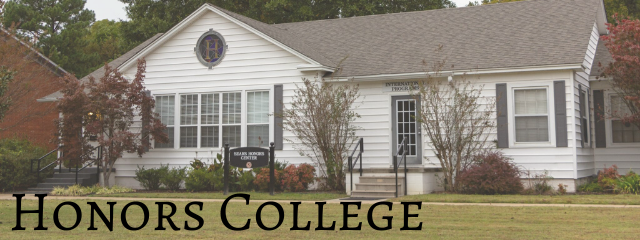
Honors Theses
Document Type
Thesis
Date of Completion
12-17-2021
Academic Year
2021-2022
Department
Communications
Academic Major
Multimedia Journalism
Faculty Advisor
James Miller, Ph.D.
Abstract
Within the context of the newly instituted NCAA Name, Image and Likeness legislation, student-athletes are able to profit from their personal brands. This legislation presents newfound exposure to student-athletes. In order to assess the preparedness of student-athletes to benefit monetarily from their personal brands, an analysis of student-athlete development provides beneficial insight regarding their cognitive development. Using self-authorship theory as a guide, this qualitative research used long interviews to explore how student-athletes are developing their identities through their journeys with athletics. The research analyzes the lived experiences told by five athletes from a medium-sized faith-based NCAA Division II university. The student-athletes who participated in the study elicited a desire to be valued as more than an athlete. The student-athletes began their athletic careers embodying a dependency on perceived expectations and an identity grounded in athletics. As the student-athletes were introduced to failure, they became aware of the need to take responsibility for themselves, their decisions, their futures and their identities. The student-athletes began actively taking steps to embrace their individuality, establish themselves outside of the arena of athletics, foster meaningful relationships rooted in respect and share their stories to impact the lives of others. In conclusion, the older participants reflected on their journeys through athletics, describing a sentiment of pride in who they had become through the process and a sense of peace as they prepared to transition away from their sport into adulthood. For these student-athletes, they had begun the evolution of self-authorship, successfully distancing themselves from the external authorities of athletics.
Recommended Citation
Webb, Haley Kate, "More Than an Athlete: A Qualitative Analysis of How Student-Athletes Develop Self-Authorship Through Their Experiences in Athletics" (2021). Honors Theses. 9.
https://scholarworks.harding.edu/honors-theses/9

